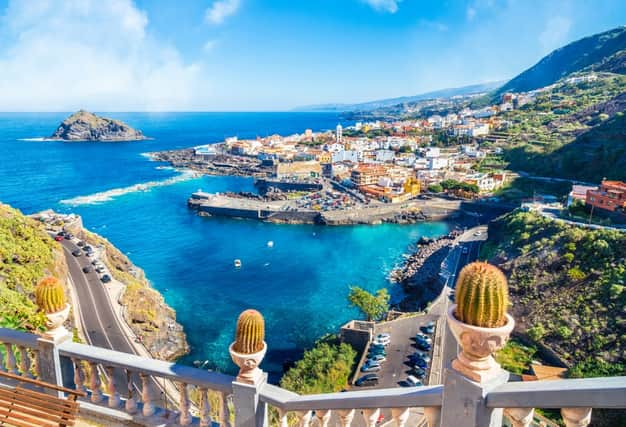The Canary Islands want to introduce a coronavirus 'breathalyser test' for tourists - here's how it would work


Officials from the Canary Islands are hoping to introduce a two minute coronavirus breathalyser test in order to get tourists to return.
At present, mandatory quarantine rules apply to all UK visitors holidaying in mainland Spain, as well as the Canary and Balearic Islands.
Advertisement
Hide AdAdvertisement
Hide AdThe rules were introduced after Spain saw a worrying spike in coronavirus cases, and the UK authorities advised against all but essential travel to Spain and its associated islands. For those who do travel to Spain or the Islands, a two week long period of isolation is mandatory on return.
However, officials from the Canary Islands - which include Tenerife and Lanzarote - are now asking the UK government to consider removing quarantine on a regional basis, instead proposing a new testing system to mitigate coronavirus risk.
The Islands are keen to kick-start tourism once again, with the area heavily reliant on the industry for income.
How does the breathalyser test work?
According to experts, the need for a two week quarantine could be negated by a coronavirus breathalyser test, which delivers results in just two minutes.
Advertisement
Hide AdAdvertisement
Hide AdThe test works in much the same way as a handheld breathalyser used to detect alcohol levels in a person's body. Tourists would breathe into the device, which is able to test the air exhaled for coronavirus.
The fastest test currently available costs a reported €15 and delivers results in just two minutes.
Another option for testing is the rapid detection PCR, which delivers results in an hour and costs a reported €30.
Officials from the Canary Islands have said the tests have to be carried out at airports as this is the easiest option in logistical terms.
Advertisement
Hide AdAdvertisement
Hide AdThe Islands also want all passengers - not just tourists - to be tested in order to keep cases down.
New protocol for travel is set to be announced on 28 September by EU tourism ministers. This is expected to include coronavirus (PCR) tests for tourists upon arrival and departure in order to create coronavirus-free travel corridors.